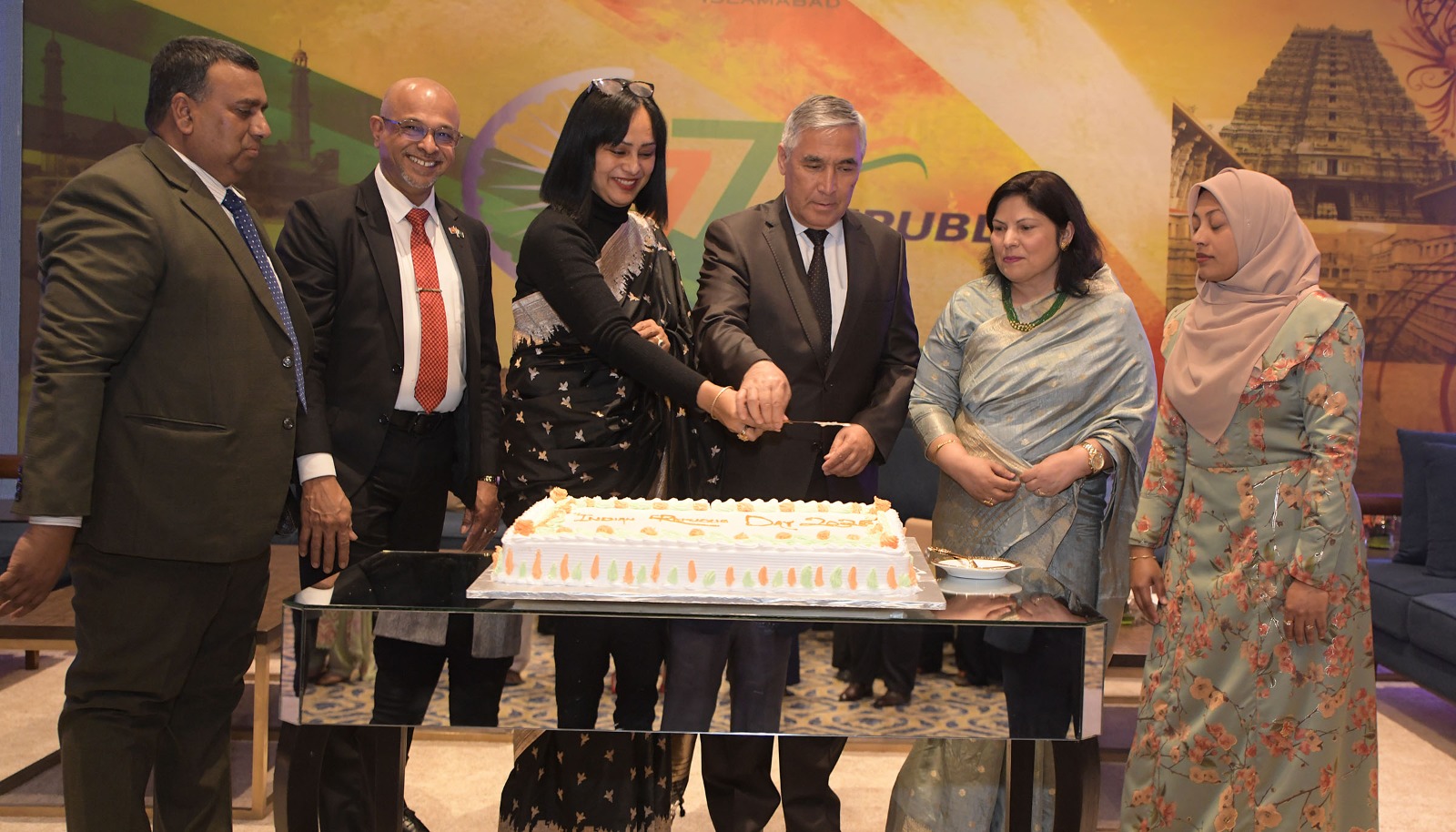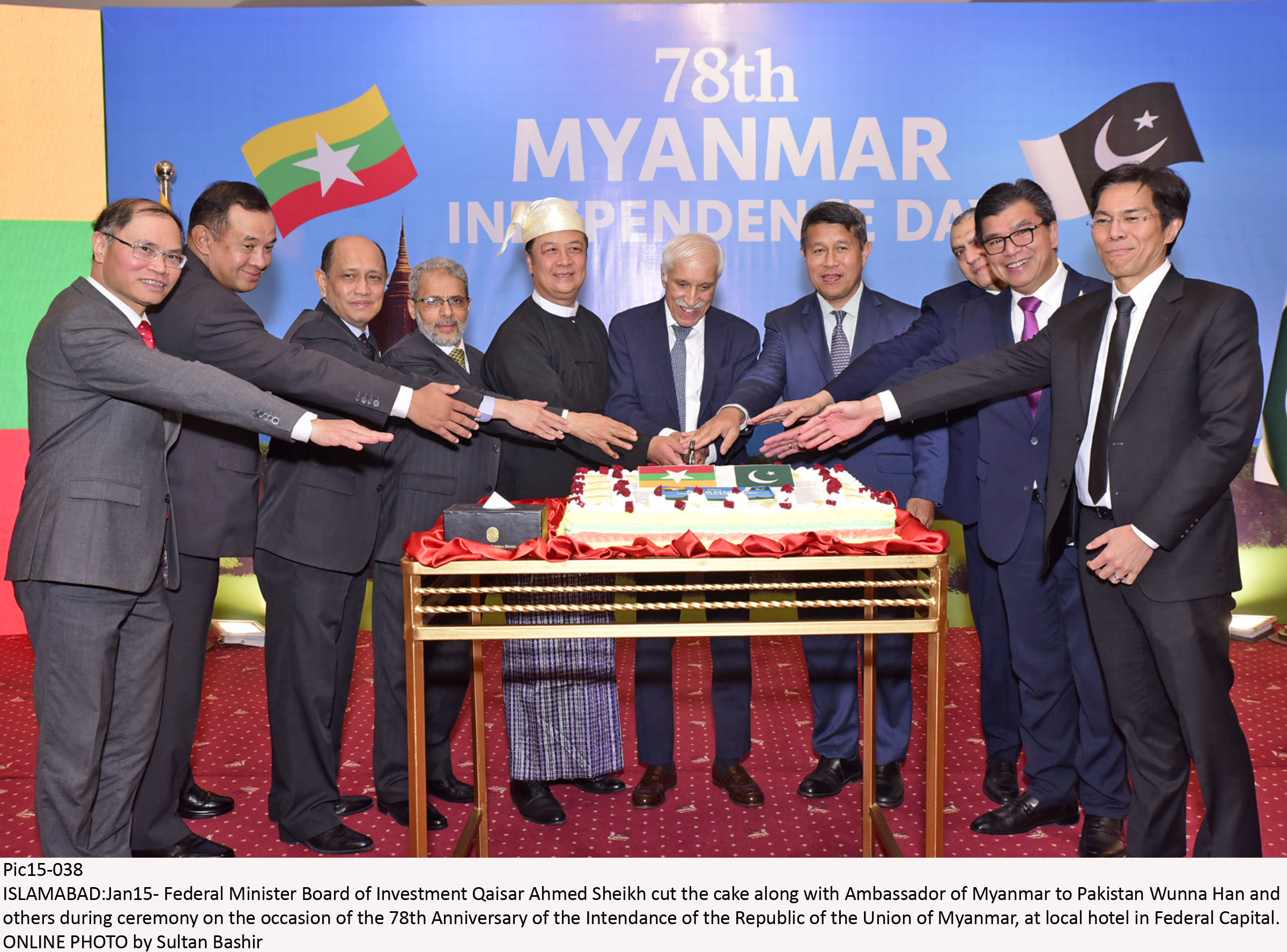Ottawa : Speakers at a webinar in Canada have advised the international community to remain engaged with the Taliban to avert a humanitarian crisis and preserve investments of international community for the rights of women, children, education, and healthcare in Afghanistan.
Instead of abandoning Afghanistan as it did two decades ago, the international community would do well to remain engaged with the Taliban to use its leverage for effecting change in the behaviour of Taliban and ensuring continuation of process for an inclusive government for durable peace and stability in Afghanistan.
This was the crux of thoughts and concerns shared by speakers at the webinar arranged by Pakistan High Commission Canada on the subject of ‘Prospects of stability in Afghanistan and its implications for the region and the world’ in Canada today. The event was hosted by Consul General of Pakistan Toronto Abdul Hameed.
Addressing the webinar, Pakistan’s High Commissioner-designate to Canada Ameer Khurram Rathore said Pakistan was the greatest beneficiary of peace and stability in Afghanistan as it had suffered a lot in the past couple of decades, losing 80,000 precious lives and $150 billion in economic activity. He said recent events in Afghanistan had validated Pakistan’s stance that a political solution achieved through an inclusive, Afghan-led and Afghan-owned process was the only recipe for peace in Afghanistan. He said Pakistan had helped in the US-Taliban peace process and intra-Afghan dialogue to show its intent and sincerity for peace in Afghanistan.
Ameer Khurram Rathore also highlighted Pakistan’s political and humanitarian efforts in the post-Taliban takeover in Afghanistan, particularly Pakistan’s help in over 14,000 evacuations through more than 400 special flights from Afghanistan as well as provision of 400 tons of relief goods and four to five cargo flights to Afghanistan from Pakistan.
Director General of Institute of Strategic Studies Islamabad Ambassador Aizaz Ahmad Chaudhary blamed the failure of intra-Afghan dialogue on the intransigence of Ghani government which gave a free reign to the Indian proxies to undermine Pakistan. He urged the US and the world to remain engaged with Afghanistan to avert a humanitarian crisis and accept Taliban as a new de facto reality with a view to persuading them to honour commitments to human rights and freedom to work and education for Afghan women and children.
Acclaimed journalist and author Eric Margolis said the tragedy in Afghanistan was that of internal composition as different groups had always tried to dominate their own regions in the past. He advised the Taliban to abstain from dominating other groups and improve and learn modern ways of government. He opined that India might try to undermine the Afghan government to undercut Pakistan’s influence in the region.
Canadian broadcaster Phil Taylor blamed the crisis in Afghanistan on the desire by foreign governments to be the bearers of civilization and meddle needlessly in the affairs of sovereign countries. He said the countries in the region wanted peace and stability in Afghanistan and they needed to work together to secure this goal.
Director Canadian Council for Justice and Peace Dr Zafar Bangash noted that an attempt was being made to scapegoat Pakistan for failures in Afghanistan without minding that Pakistan had suffered the most in the Afghan war. He observed that since the Taliban takeover, Afghanistan had witnessed relative peace and order which was a good omen for the long-term welfare and development of Afghanistan. He believed Afghanistan with the help of its own mineral wealth and investment from countries like China could emerge from its turmoil and become a prosperous country in the future.







